 The All Blacks will command the highest fee in world rugby against England at Twickenham – £1.5m which works out at £18,750 a minute.
The All Blacks will command the highest fee in world rugby against England at Twickenham – £1.5m which works out at £18,750 a minute.
The terms of a contractual agreement between the Southern Hemisphere superpowers and the RFU entitle Australia to claim the same guarantee for their appearance against Wales in Cardiff on December 1, the same day as England-New Zealand.
The New Zealand and Australian Unions are free to negotiate their own fees for the fixtures because they fall outside the IRB’s three-week international window which closes after a full round of six Tests on November 24. New Zealand’s price has gone up almost 50 per cent from marginally more than £1m, Australia’s by substantially more from £850,000.
The figures have been fixed by SANZAR, the umbrella organisation representing South Africa, New Zealand and Australia, have been confirmed by sources in England and Wales.
“SANZAR have decided that they will only play extra matches outside the agreed window if they got £1.5m per match,” former RFU chairman Martyn Thomas told The Rugby Paper.
“Only two countries can afford to pay that kind of money on the basis of a full stadium – England and Wales.
They were approached separately about the increase in fees which, in Australia’s case, meant a massive hike.
“The answer, as far as I was concerned, was for England and Wales to stand together and negotiate jointly. While I didn’t have a problem with the payment being increased, the size of the increase was way too much.
“We were going to have a meeting with the WRU to say, ‘sorry, we can’t do it’. I had discussed the concept with their chief executive, Roger Lewis. Together, I believe we could have reduced the price which New Zealand and Australia were asking. This happened before the All Blacks won the World Cup.
“Unfortunately, before we could do anything about, the then chief executive of the RFU (John Steele) and the then commercial director (Paul Vaughan) had seen fit to conclude an agreement without my knowledge.”
Not surprisingly, England and Wales are the only countries playing the extra fourth match. By staying within the window, France, Scotland, Italy and Ireland have opted out of stumping up £1.5m
for the only SANZAR country not otherwise engaged on December 1, the Springboks.
England, able to raise more than £4m in ticket revenue alone from selling all 82,000 seats at Twickenham, will still make a handsome profit, Wales less so if only because they do not have the same corporate hospitality facilities. The price hike has already prompted fears for future matches outside the Test window.
IRFU chief executive Philip Browne said: “The danger here is that they will price themselves out of the market. That’s something they will have to be careful about.
“It will make people think twice about engaging them in additional matches.
“There is a view that there is too much international rugby. If the cost of bringing the SANZAR countries in for extra games becomes too high, that lends credence to the view that there is too much international rugby.
Ireland last played four autumn Tests two years ago. “Our experience wasn’t terribly good. We had difficulty filling the stadium on four successive weekends. It was a very hard sell.
“I’ve been in this job for nearly 20 years and the only team which sells out the stadium in the autumn is New Zealand. There is no question – Australia does not have the same commercial attraction or value as New Zealand. Neither does South Africa but they would be ahead of Australia.
“There are a couple of issues. The first is a commercial one. We have a comparatively small population and one stadium. If we have to buy in an extra match outside the window, we have to balance that against what we have to pay.
“It’s simply not feasible from our point of view which is a shame. There’s no point running a match at a loss.
“The revenue which can be generated at Twickenham is significant. We opened the new Aviva Stadium in 2010 against South Africa.”
Browne said the guarantee agreed by the IRFU for the Springboks on that occasion was “nowhere near £1.5m”.
The WRU declined to comment.
PETER JACKSON

1 Comment
You must be logged in to post a comment Login
Leave a Reply
Cancel reply
Leave a Reply
You must be logged in to post a comment.
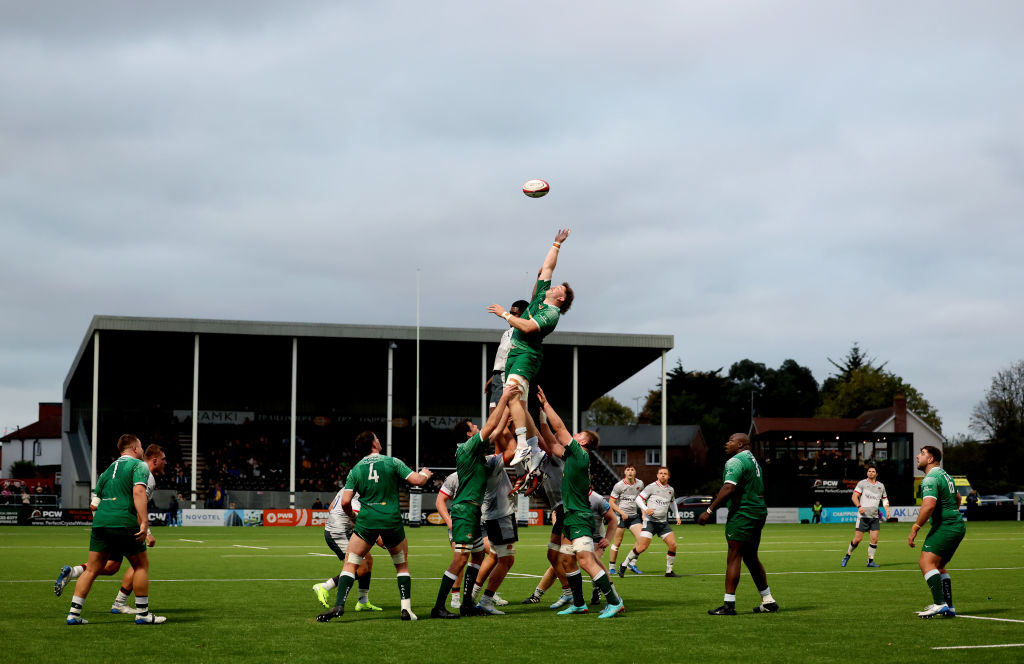
English Championship
What the new Championship format could mean for English rugby


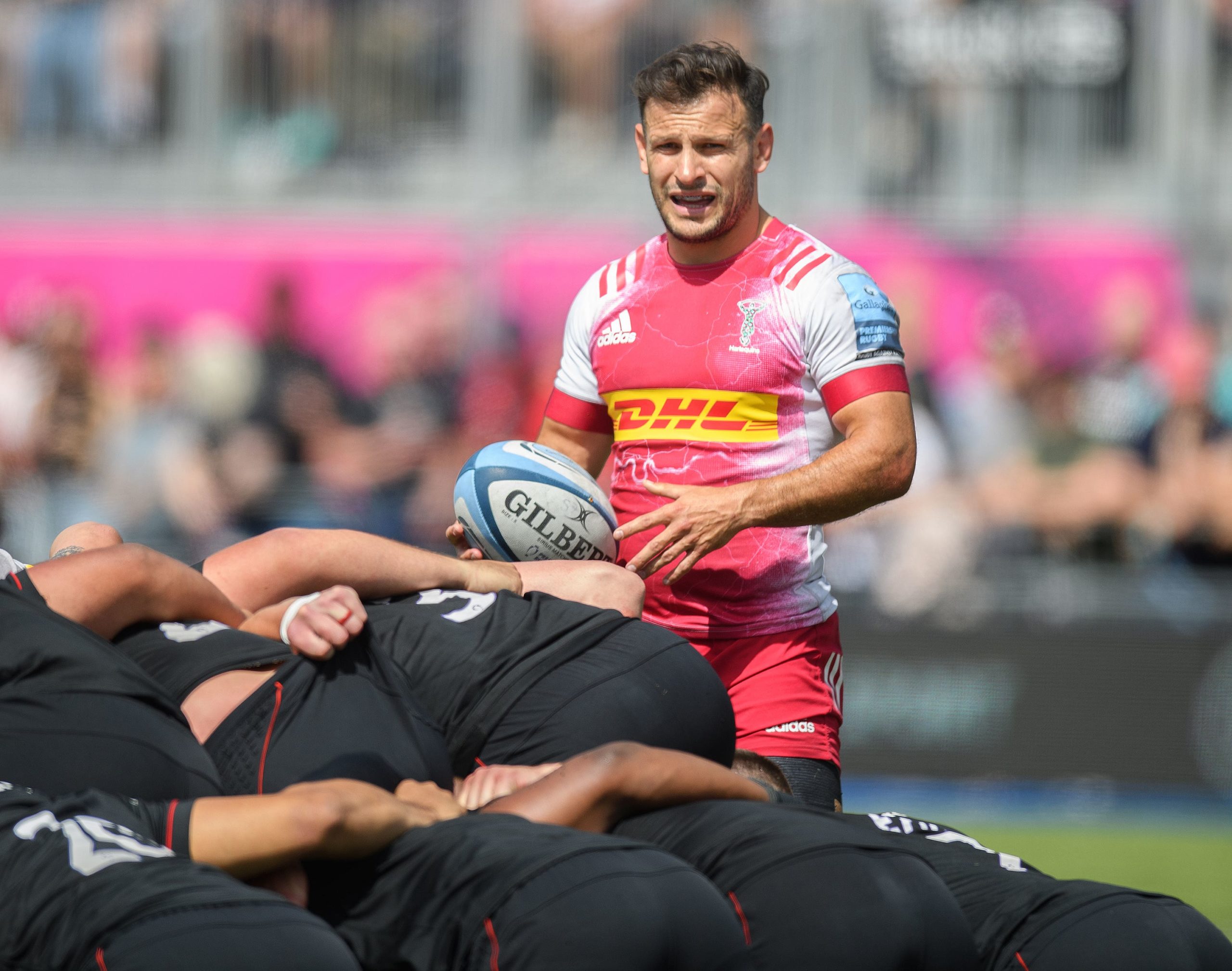















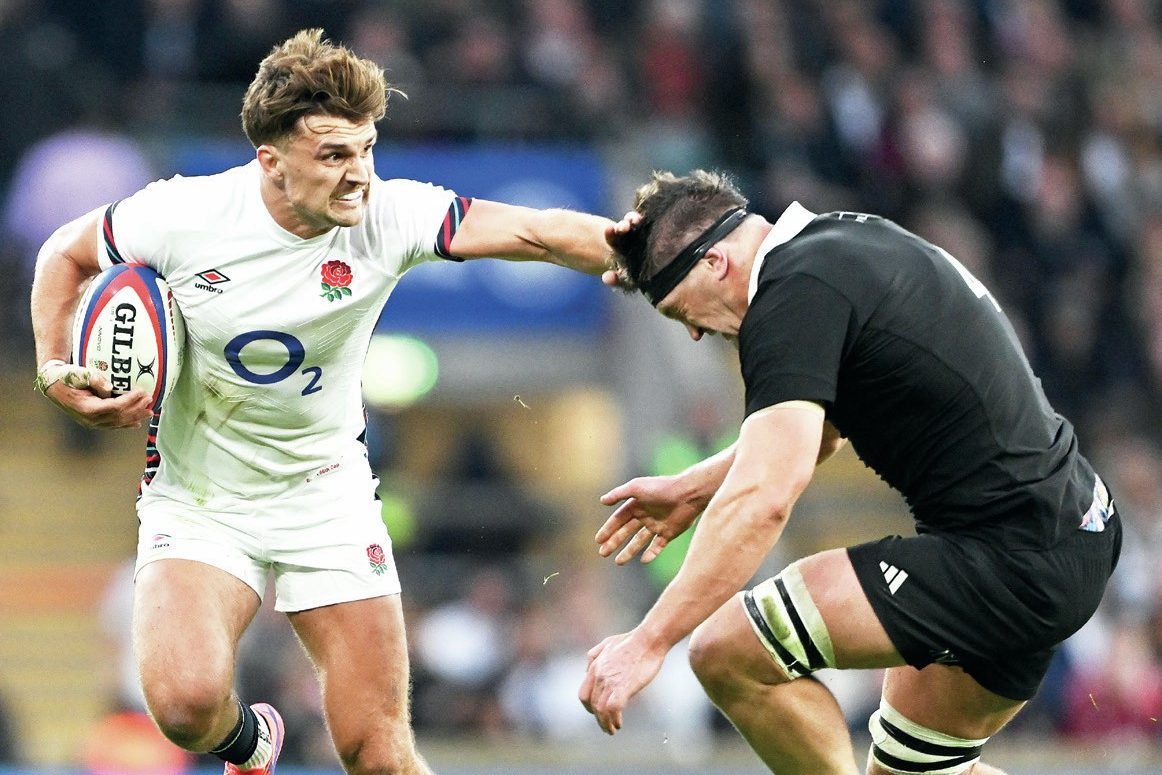
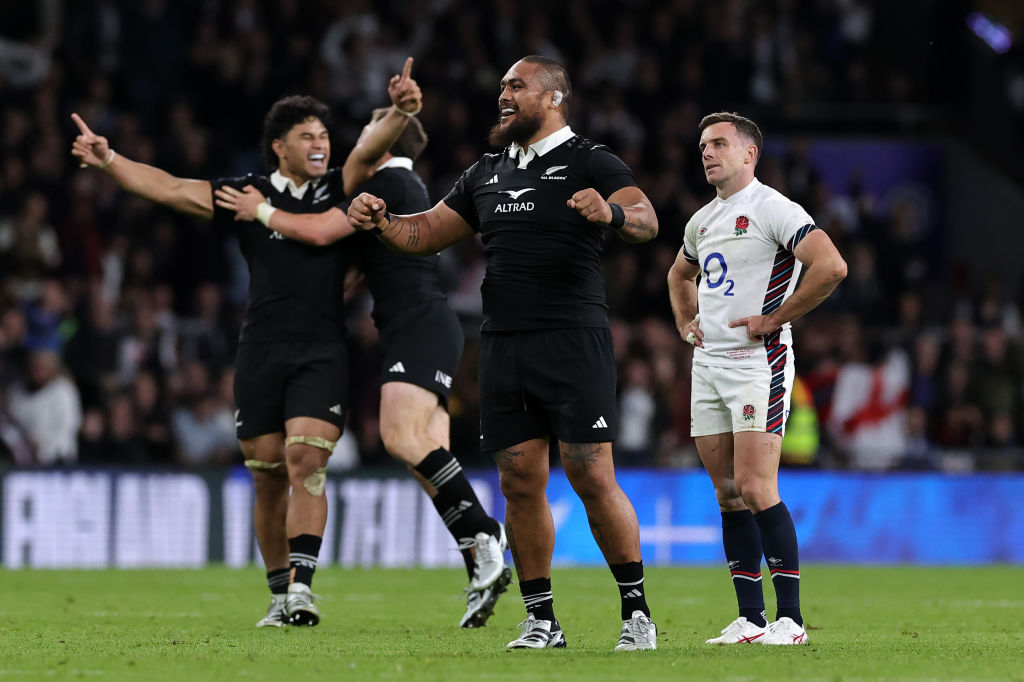
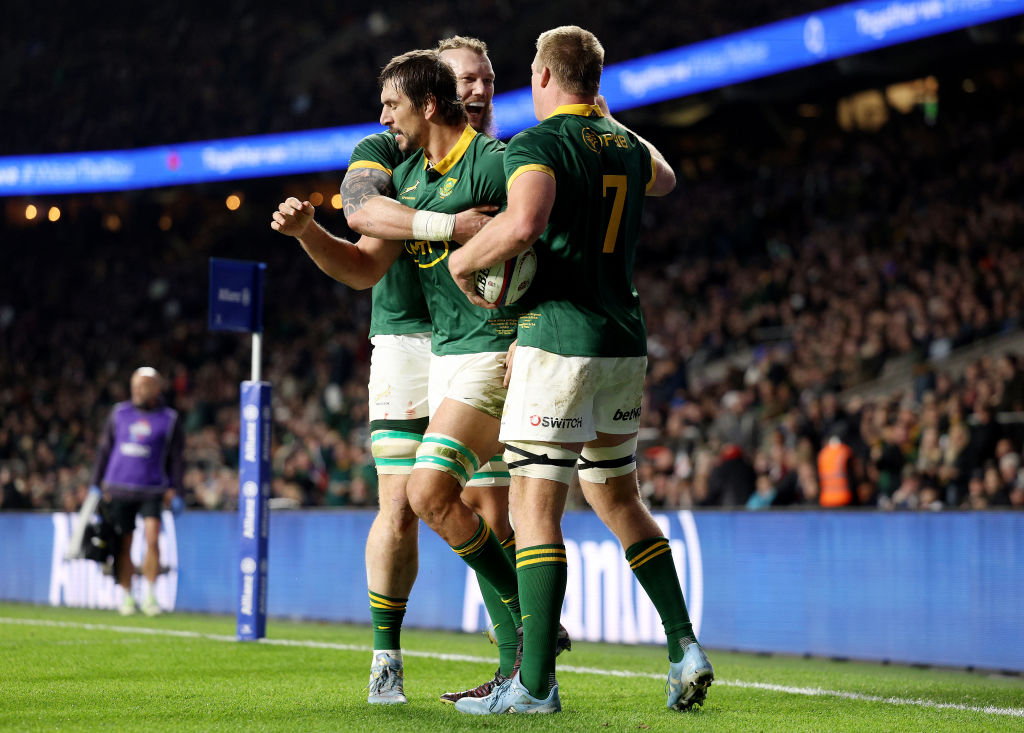
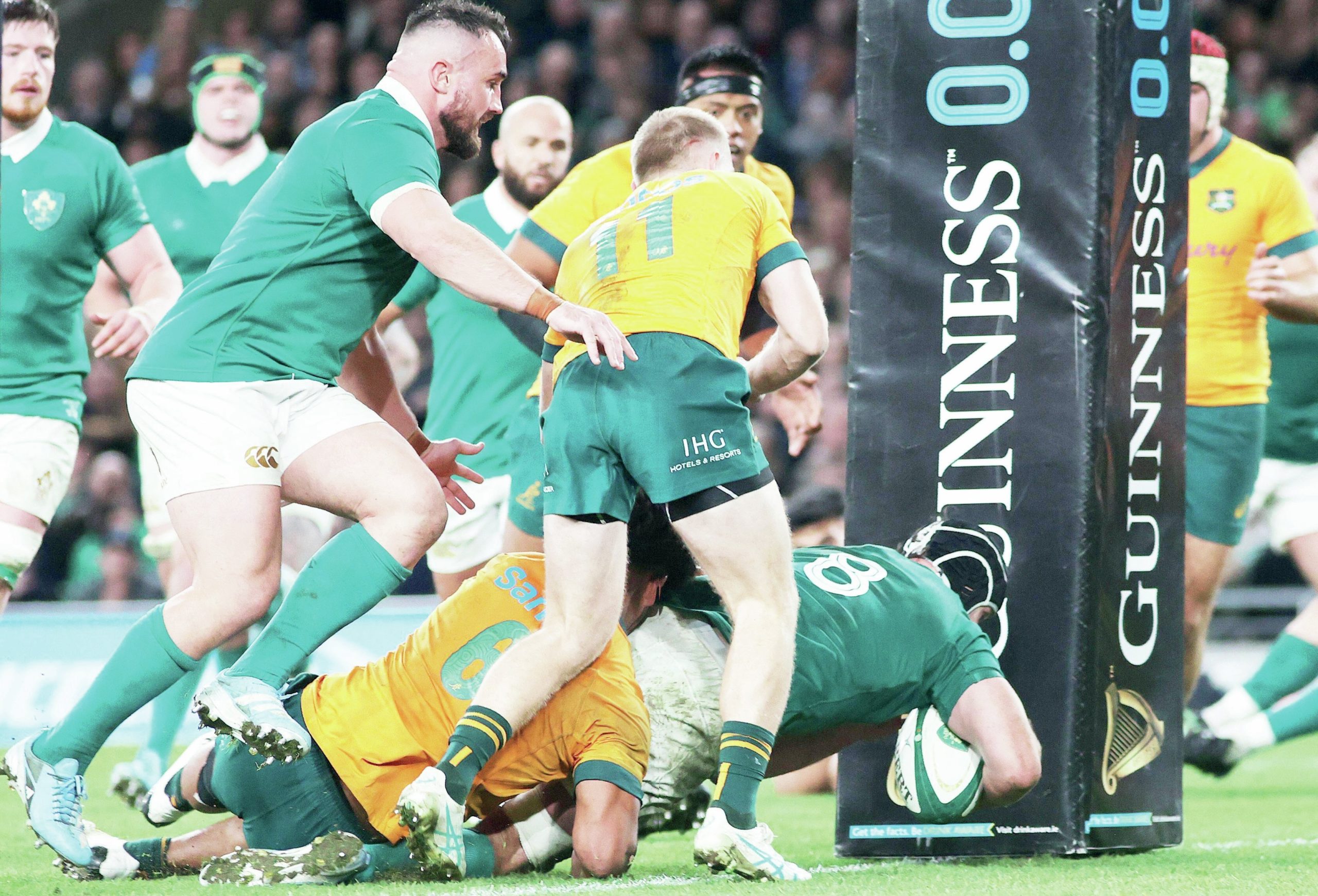

Pingback: click here for info